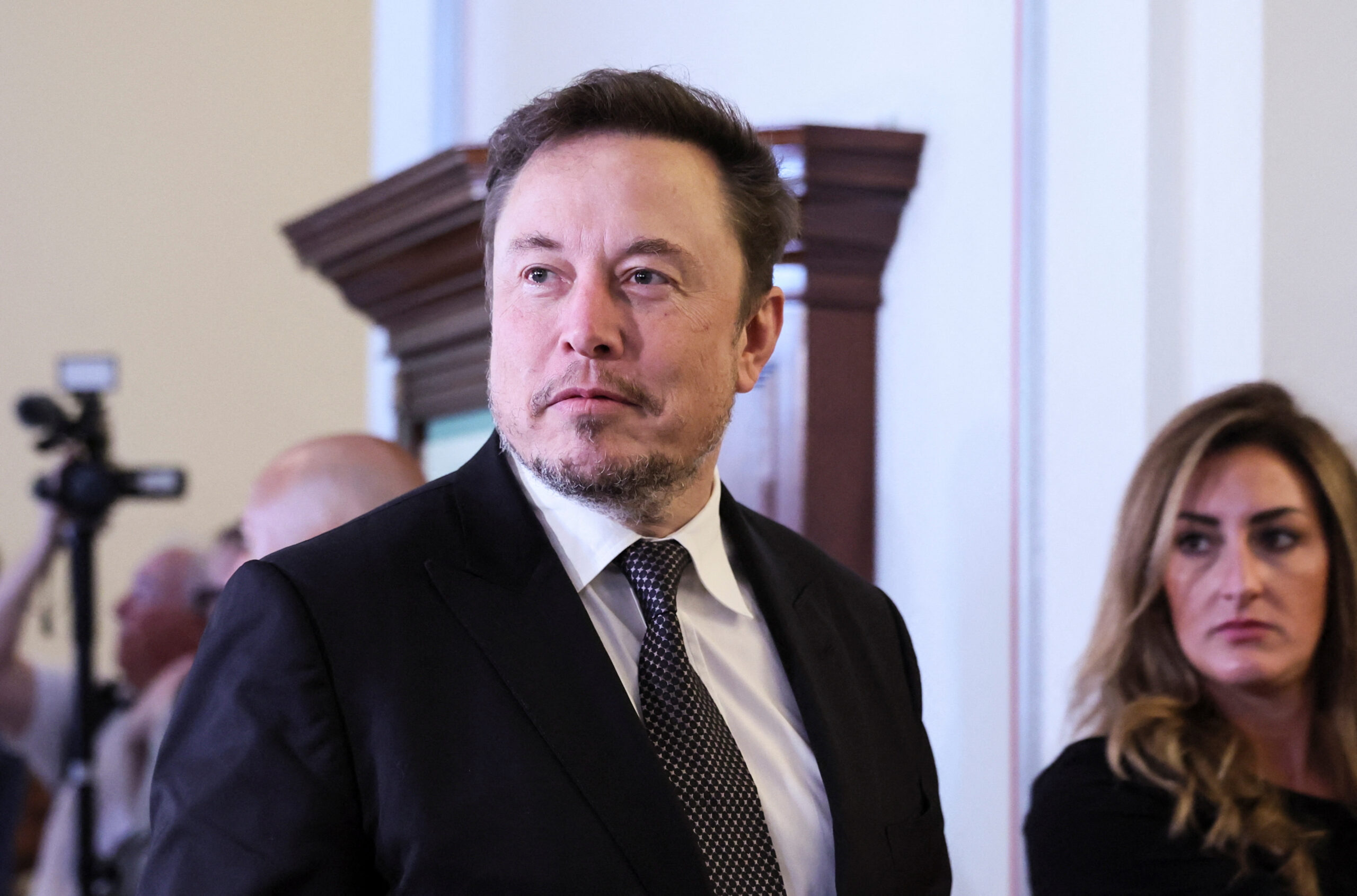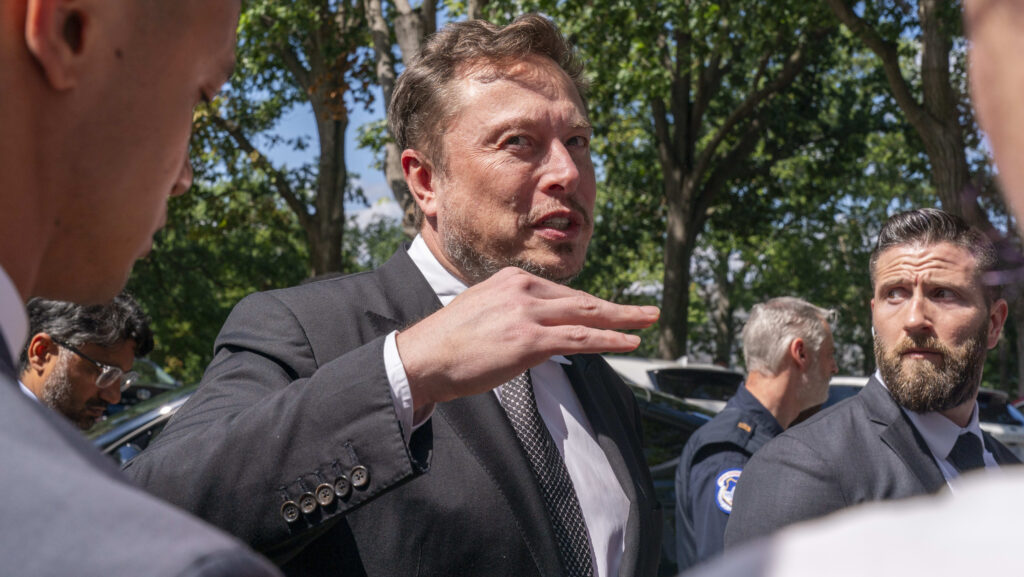The Pivotal Moment: Senate’s AI Meeting with Tech Leaders
In a landmark event that may be recorded in the annals of history, more than 60 US Senators were schooled by an impressive assembly of Silicon Valley CEOs, AI ethicists, academics, and advocates. The briefing, described as the “AI Insight Forum,” saw these political leaders act as silent observers—banned from raising hands or interjecting—as experts elaborated on the immense possibilities and threats that generative AI technology holds.
Elon Musk, the visionary entrepreneur helming companies like Tesla and SpaceX, emphasized the gravity of the meeting. As he faced the press waiting outside the Kennedy Caucus Room, he asserted that the discussion could significantly impact the future of civilization. Given Musk’s warning about AI’s “civilizational risks,” it’s clear that the meeting was more than just another political gathering. It was a call to action for lawmakers, many of whom are just grappling with the basics of AI.
The Cry for Federal Oversight in AI Regulation
The buzzword in the room was “regulation.” While the Senate has lagged behind in taking concrete action to regulate disruptive technology, there was a universal acknowledgement that the federal government must wield its regulatory power. Chuck Schumer, the Senate Majority Leader, who orchestrated the event, openly inquired about the need for government regulation. The unanimous show of hands in favor was deemed as a significant indicator that regulatory measures are imperative.
Sam Altman, CEO of OpenAI, highlighted the necessity for the government’s leadership in the field of AI. Although there was some disagreement over how this regulation should materialize, there was unanimous consent that government action is both vital and urgent.

The Complex Road to AI Regulation: Navigating Diverse Views
However, the unanimity witnessed was tinged with underlying complexities. AI’s broad application naturally invites a plethora of perspectives and issues, turning regulatory debates into battlegrounds of divisive issues. The tech moguls and scholars brought in a range of topics—from the need for highly skilled workers to global hunger. Even within the realm of AI regulation, opinions differed; some experts advocated for the creation of a new AI agency, while others felt existing institutions could do the job.
Senator Cynthia Lummis expressed her surprise at the value of the discussion, going so far as to say it exceeded her expectations. According to Lummis, there was a remarkable moment when the topic of Section 230 of the 1996 Communications Decency Act arose. The Act shields tech firms from liabilities for user-generated content. A speaker, unnamed but situated close to Meta CEO Mark Zuckerberg, explicitly advocated against creating a similar protective measure for AI.
The Call for Inclusive AI Policy and Regulation
Despite the overwhelming focus on technology and regulation, there was also an urge for inclusivity. Janet Murguía, president of the Hispanic civil rights organization UnidosUS, urged lawmakers to consider the disparity in broadband access for many Latinos. Her call to action emphasized that as AI advances, existing infrastructure gaps could potentially marginalize various communities.
Moreover, Murguía echoed sentiments from leading tech CEOs like Zuckerberg, Musk, and Bill Gates, who advocated for the US to lead the global charge in AI policy and regulation. While she applauded the diversity of voices at the forum, she argued that future discussions should include even more segments of society.
The Urgent Need for Safe and Responsible AI Implementation
As discussions pivoted around the threats and potentials of AI, attention was also given to the startlingly low costs required to disseminate disinformation or strip safety controls from advanced AI systems. Randi Weingarten, president of the American Federation of Teachers, pointed out that both students and teachers need protections from the potential harms of AI technology, emphasizing the need for comprehensive federal legislation to ensure privacy and mitigate issues like job displacement.
Looking Ahead: The Challenges of Bipartisanship and Regulatory Speed
Despite the call for urgent action, the road to legislation is fraught with challenges. Internal divisions exist not only in the scope and nature of the regulation but also in the readiness and willingness among lawmakers to enact meaningful legislation. While there was consensus on the necessity of government regulation, senators from both sides of the aisle have shown varying levels of enthusiasm and skepticism.
The future is uncertain, even as senators express a renewed sense of urgency and the need for comprehensive regulatory frameworks. In the face of technological advancement that has already deeply integrated AI into our daily lives, the question that looms large is not just how, but how quickly, the Senate will rise to its new regulatory role in AI governance.
As we step into what could be a defining era for AI and society at large, it’s clear that the meeting was not just a one-off event but a precursor to larger, more decisive actions. Only time will tell how effectively the government can navigate this uncharted territory, balancing innovation with regulation to guide us into a future that leverages AI’s potential while mitigating its risks.



